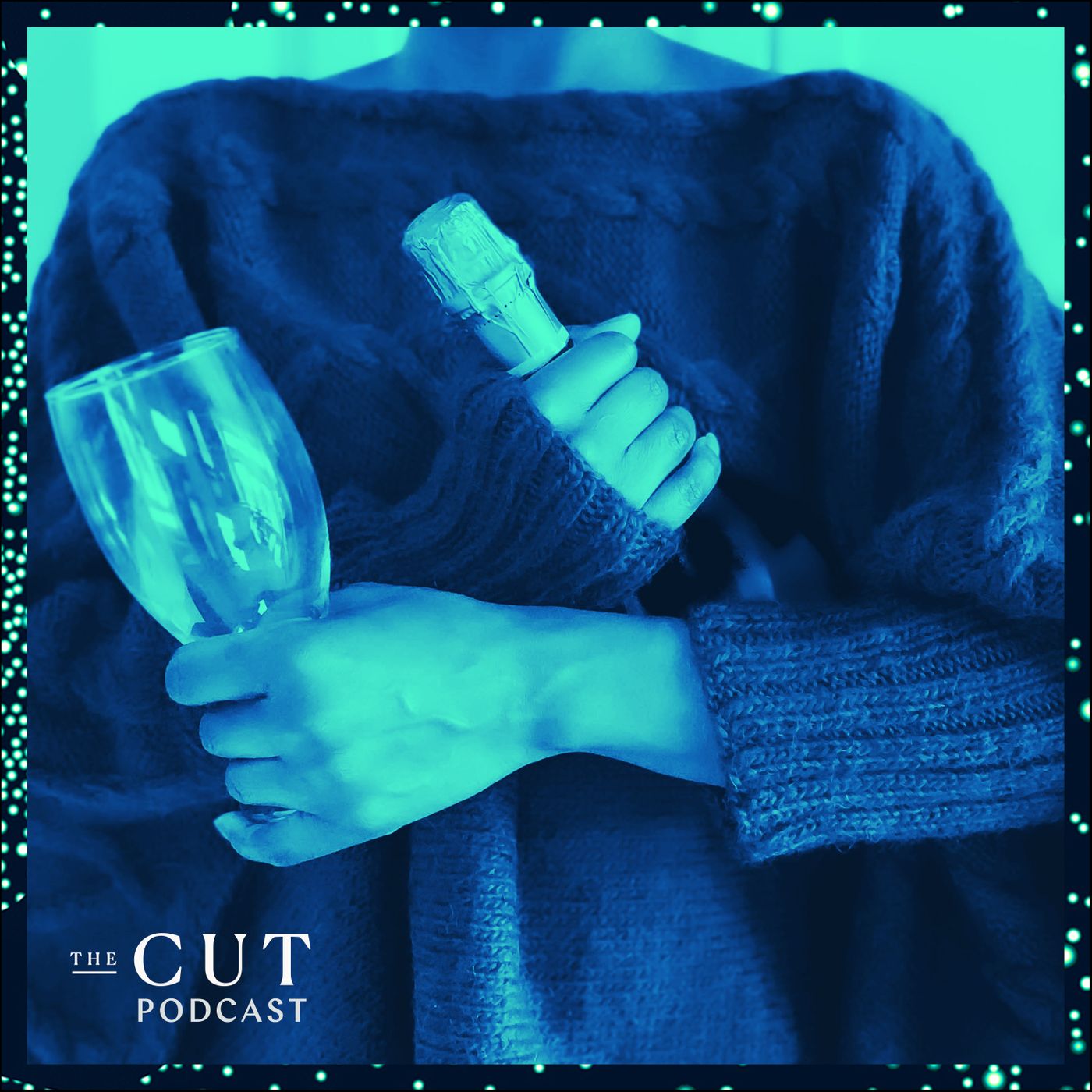Quarantine has caused many of us to reconsider and reassess our lives in so many ways. To name one: our relationship with alcohol. It seems the pandemic narrative has us thinking we must go to one of two extremes, either a greater (more acceptable?) dependence on the substance just to make it through or straight sobriety. On this week’s episode of The Cut, Avery Trufelman dissects the nuances of drinking versus not, both during quarantine and the rest of the time.
Avery first sits down with writer Emily McCombs to hear how someone with a history of substance abuse has handled these past few months.
EMILY: I saw a lot of like, “Okay, dry January’s canceled.” Now we’re sipping tequila because life is stressful, which I understand. Not everybody’s an alcoholic … I was at a Zoom comedy show at one point during the pandemic and the host was getting really aggressive like, “Everybody drink your drinks, and if you don’t have a drink, you’re a loser.” That kind of tone. I actually emailed the hosts afterward. I was like, “Some people are really struggling, and that made me feel bad.”
Writer and producer Alex Sujong Laughlin has a different take on sobriety. Her Asian heritage and experience at college lead her to engage with alcohol in a unique way.
ALEX: I don’t remember the first time someone pointed out that I was red, but I could always feel my face getting hotter. It wasn’t just that I would turn red. My whole face would kind of get puffy a little bit, and look real bad. It does not look healthy. It looks like a rash … and as you can imagine, the Greek system at [the University of] Georgia in 2010 was not incredibly diverse. I can think of like maybe four Asian people that I knew of. I would see them across the beer-pong table, and I’d be like, “Oh my God, you’re pink. I’m pink!”
Once the pandemic started, Alex started to flirt with the idea of teetotalism, but not in the traditional manner. That’s when she discovered Ruby Warrington, author of the book Sober Curious, which suggests sobriety is more of a spectrum.
RUBY: I don’t think I’m an alcoholic, and yet I don’t identify as what I think a sober person is. I thought if you’re sober, it means you’re in AA and you’re working the steps and you’re an alcoholic. I didn’t see myself there. I thought, Well, maybe I’m sober curious. I’m really curious about what it would be like to live a sober life, and yet I don’t identify as what I think a “sober person” is.
ALEX: Something I love in her book is that she says at one point, “Yeah, I drink sometimes. How much do I drink? I’m not going to tell you because you’re going to read that and try to use that as a gauge to judge whether your drinking is acceptable or not. And that’s not the point of this. The point of this is for the amount that you drink to be in alignment with what you know, to be right for you.”
Although she reinvented her relationship with alcohol, Ruby still struggles with how others perceive her drinking habits.
RUBY: I don’t want anybody to hear me and be like, “That bitch thinks I shouldn’t have wine,” because I definitely am not that bitch. I want wine, too. The way I’m thinking about it is like lactose-intolerant people. If you’re lactose intolerant, maybe you still have pizza every once in a while. But, like, you decide when you’re going to have pizza.
Ruby’s ethos on drinking seems to work incredibly well for her; however, others do not have the same luck. Anya grew up thinking alcohol would never be a part of her life, as that’s what she was taught by her strictly sober Muslim parents. That was until one day her curiosity got the best of her and she headed to a grocery store to purchase a bottle of wine.
ANYA: I remember I stood there for like a good 15, 20 minutes, deciding whether I wanted to do it or not. I think in the back of my mind, I knew there was going to be a before and after. I remember standing there in the convenience store, You can’t miss something you haven’t had … And, yeah, after that, the rest is history.
Anya quickly grew dependent on the substance, exacerbated by the pandemic. It took hearing a friend say they were quitting alcohol for Anya to realize it was time for her to do the same.
ANYA: Literally after that day, it was like … I’m not going to do this anymore … I’m actually not going to do it anymore. And if I can’t hang out with people because the only way we could hang out with each other was alcohol, then so be it. I’ll make new friends.
Anya did have to make some new friends, but it was ultimately for the better.
ANYA: I think any of the things that are difficult, any of the things that you feel like are purging out of your life, any of the people you may feel estranged from or isolated from … just realize it’s like making room for newer and better things that are more aligned with the values that you have now.
To hear more about the turbulent road to sobriety, listen, and subscribe for free on Apple Podcasts.


